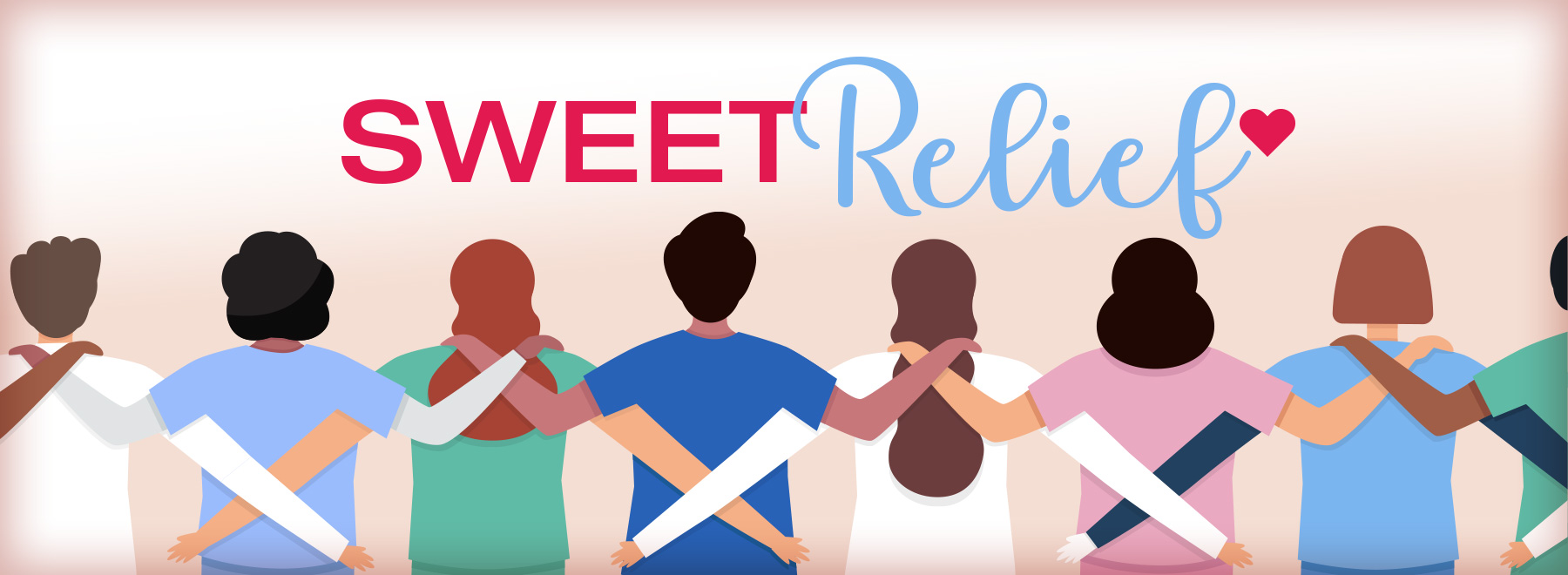Social workers and nurse case managers create ‘united front’ to provide caregiver support
Parents having to leave their premature babies in the NICU. An elderly patient with no record of family. A young mother desperately searching for baby formula amid a national shortage. An uninsured patient in need of long-term care following a catastrophic accident.
When patients are hospitalized with complex cases, their caregivers are often left feeling overwhelmed, confused, isolated and sleep deprived.
That’s when social workers and nurse case managers step in to provide needed relief and support.
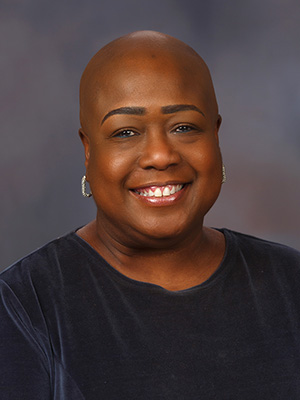
“All these things are a major component in caregiver stress, which is often one of many concerns we have when working with our patients,” said Valerie Carson, social work manager in the Coordinated Care Department at the University of Mississippi Medical Center. “Caregivers can find themselves overwhelmed with daily routines of care and making sure appointments are met, medication management, along with many other daily living functions.
“No one person can handle around-the-clock care alone, but in some instances, families are strained with conflict among them and then one or two people tend to become primary caregivers. This leaves little time to individual or self-care, which can lead to fatigue and/or depression and in worst cases, neglect of some components of care.”
Hospital social workers and case managers are responsible for ensuring that patients and their caregivers are both educated on and able to access available resources, including home services, transfers to specialized care facilities and support for caregivers experiencing burnout, said Carson, whose department consists of master’s level social workers and registered nurse case managers. Those services, which emphasize assessment and discharge planning, begin when the patient is admitted, followed by an assessment within 24 hours.
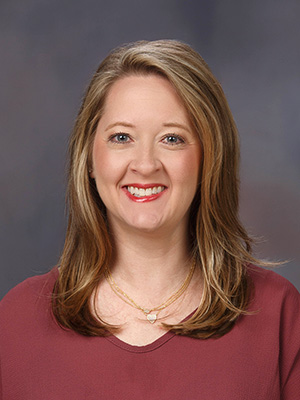
Deneal Dear, an RN case manager at Batson Children’s Hospital, remembers the mother of one patient who clearly needed a break. Dear sat with the mother, who opened up. “I said, ‘You have to take care of you.’ I encouraged her to go home and get some rest, and told her if she did, she’d come back and feel 100 percent better, like a new person. I went back a few days later, and she said she took my advice, took some time away to go see a movie by herself and had a great time.
“Parents often need to hear it’s OK to take a break, and call and check on their babies, or send somebody else to come and stay with the baby while they’re getting some rest,” said Dear. “Luckily we have the Child Life rooms, and the nurses are great about watching the kids while the moms step outside, even for just 30 minutes.”
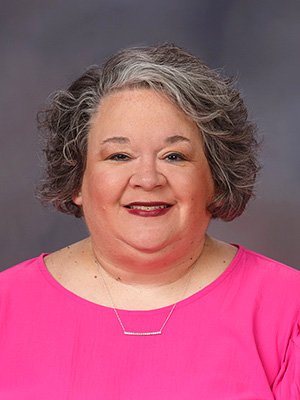
Social workers and case managers work as a part of a multidisciplinary team, alongside physicians, residents, and neonatal practitioners, as well as nursing and other disciplines, said Dawn Eifling, a social worker in the Newborn Center at Batson. They each approach the patient from their areas of expertise and work together to make a safe discharge plan for the patient and family.
“No one expects to have a child born prematurely or medically fragile, so we work with families to help them work towards acceptance in this new ‘normal’ for their child,” said Eifling.
Distance is often a major hurdle for caregivers, especially parents who don’t want to leave their critically ill children alone. “Often, parents feel alone or isolated due to their child’s medical condition, so we encourage them to look within their support system for help and guidance,” she said. “We also can provide them with resources to reach out to other parents who are in similar situations.”
Daily, case managers and social workers meet with the physicians and nurses on their team to discuss each patient’s treatment plan to identify needs early and coordinate care.
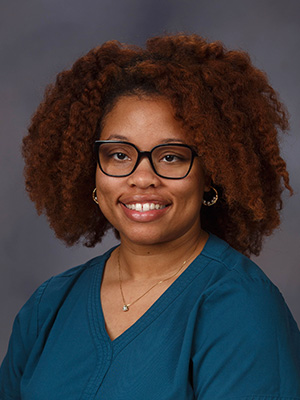
While most family members want what’s best for the patient, they sometimes inadvertently become the biggest barrier to discharge by not participating in discharge planning and procrastinating, said Rose Scott, RN case manager on 2 North.
“I have had several caregivers ask me why the patient ‘cannot just stay here’ where they know they will receive good care,” said Scott. “I’ve had some caregivers only request to send the patients to facilities that do not accept their insurance.”
In those instances, Scott said she takes a mental note of the caregiver’s name, while explaining the benefits of patients transitioning to the next level of care. “Sometimes I have to do this every day, but it is done until we are all on the same page.”
As a social worker working the ER night shift, Dyelicia Vasquez encounters her share of caregiver crisis situations, including supportive work when someone loses a loved one; reporting neglect, abuse, and infant deaths; and psychiatric transfers.
“A lot of times we are the link between resources, and we cannot control the pace in which those resources respond once we do our part,” she said. “We have to be able to make decisions that can potentially impact a person’s life for the rest of their life.”
Said Eifling: “By presenting a united front, we support the caregiver however we need to. In social work, we ‘meet the patient/client where they are,’ so we assess the needs and provide whatever support is needed.”
The above article appears in CONSULT, UMMC’s monthly e-newsletter sharing news about cutting-edge clinical and health science education advances and innovative biomedical research at the Medical Center and giving you tips and suggestions on how you and the people you love can live a healthier life. Click here and enter your email address to receive CONSULT free of charge. You may cancel at any time.



